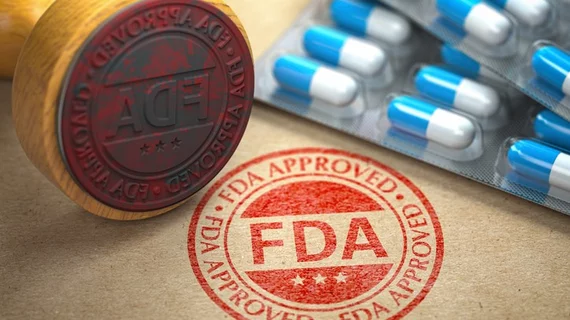FDA clears GE Healthcare X-ray artificial intelligence aid for endotracheal tube placement
The U.S. Food and Drug Administration has cleared an artificial intelligence algorithm from GE Healthcare that aids physicians in assessing endotracheal tube placement via X-rays.
It’s part of a suite of five solutions from the Chicago-based technology giant, embedded in mobile imaging devices to help automate measurements, prioritize cases and monitor quality. GE said it has been distributing the tool since November 2020 under the FDA’s COVID-19 guidance to help providers manage patients with the virus.
But Tuesday’s news allows the company to market its product beyond the public health crisis.
“We are pleased to now have the FDA’s clearance for this important solution,” Jan Makela, president and CEO of imaging at GE Healthcare, said in a statement. “The pandemic has proven what we already knew—that data, AI and connectivity are central to helping front line clinicians deliver intelligently efficient care.
GE pointed to previous research demonstrating that upward of 25% of patients intubated outside of the operating room end up having misplaced endotracheal tubes on chest X-rays. This can potentially lead to serious complications including collapsed lungs, cardiac arrest or death. Upward of 15% of COVID patients may require intubation to be put on a ventilator, GE noted, and about 200 hospitals have already deployed the AI assistant since last year.

